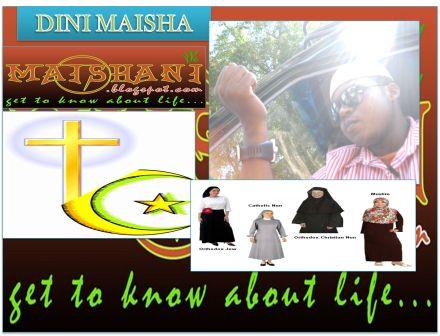Dini ni mfumo wa maishani

Thursday, August 16, 2012
Saudis attempt to block Vatican plan for .catholic web addresses
The Vatican wants to create .catholic web addresses
The Kingdom of Saudi Arabia has attempted to block a Vatican bid to create new web addresses ending in .catholic, arguing that it “cannot demonstrate that it possesses a monopoly over the term ‘Catholic’”.
The objection is one of more than 160 sent by the Saudis to ICANN, the body in charge of web addresses, over its plan to allow hundreds of new “top-level domains” to supplement .com, .co.uk and other existing suffixes.
“Many other Christians use the term 'Catholic' to refer more broadly to the whole Christian Church regardless of denominational affiliation,” the Saudi Communication and Information Technology Commission said in its complaint.
“Other Christian communions lay claim to the term "Catholic" such as the Eastern Orthodox Church and the Oriental Orthodox Church.”
"Therefore, we respectfully request that ICANN not award this."
The Vatican's Pontifical Council for Social Communication, which already controls .va, paid the $185,000 fee to bid to create .catholic earlier this year, saying it was "a recognition of how important the digital space is for the church".
The Saudi government, under the control of the royal family, added that it objected to any group being put in charge of web addresses based on religious terms. It complained about bids to create top-level domains for .islam, .halal and .ummah on similar grounds.
The Kingdom also made moral complaints about an array of planned new suffixes.
It said .baby, which three bidders including the baby powder maker Johnson & Johnson have applied to create, could be used to host and promote pornography.
“Pornography undermines gender equality and threatens public morals by objectifying and exploiting women,” the Saudi government said.
“The values expressed in pornography clash with the family concept and they undermine the traditional values that promote marriage, family, and children.”
It objected to .gay because it “will be offensive” to societies where homosexuality is “contrary to their culture, morality or religion”, to .tattoo as tattooing is prohibited in Islam and Judaism and to .bar on grounds that because of its association with alcohol the term “promotes activities that can be detrimental to public order and morals”.
A similar plan to create a .pub top-level domain aimed primarily at British landlords also raised Saudi hackles. Sir Richard Branson will have to fight objections from the Gulf power if he is to create .virgin, too.
The Saudis also objected to gambling-related applications in moral terms.
The barrage of complaints has highlighted the difficulties ICANN faces in pressing through its reforms of the web’s addressing system, the most radical in its history. There are currently only 364 top-level domains, most referring to countries, but the United States-based quango is now considering applications to create almost 2,000 more.
Observers fear that the process will be bogged down with complaints from trademark holders seeking to protect their brands online, but ICANN must also balance cultural sensitivities. The organisation is already battling criticism that it is dominated by Western interests, and especially those of the United States.
The first of the new top-level domains are nevertheless due to go live next year.
Subscribe to:
Post Comments (Atom)

No comments:
Post a Comment